Carrot Juice Benefits: 10 Proven Ways To Boost Your Health
From aiding weight loss to improving brain health, carrot juice supports your health in many ways.
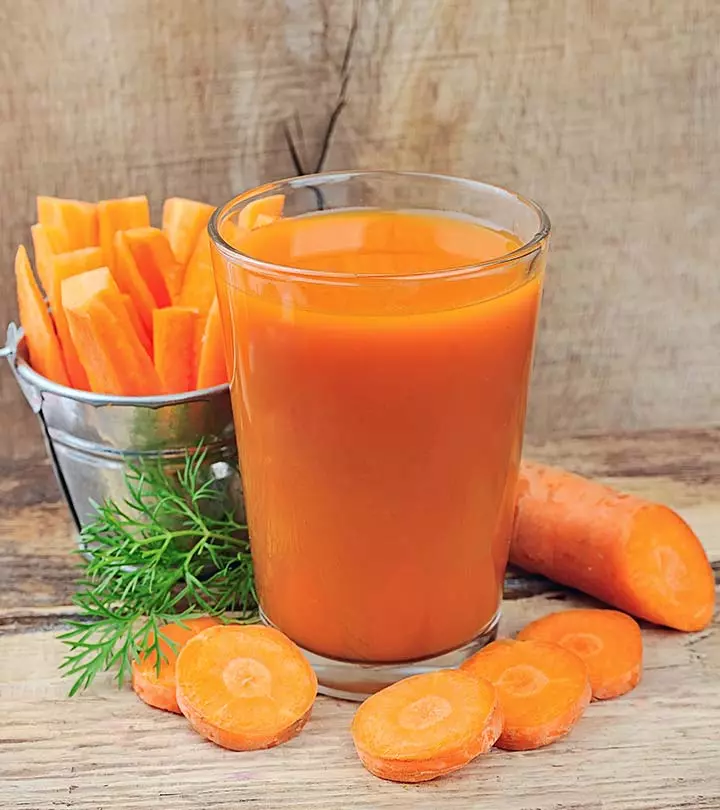
Image: Shutterstock
Carrot juice benefits go beyond boosting your eyesight and overall eye health. Carrots (Daucus carota) contain many nutrients and have many health benefits. They are delicious, crunchy, and full of powerful antioxidants, dietary fiber, beta-carotene, essential vitamins, and minerals.
You can consume raw and cooked carrots. So, is carrot juice good for you? Consuming carrot juice is considered healthier than consuming it in any other form. Now, what is carrot juice good for? Several studies support and promote the regular consumption of carrot juice as a skin and eye health supplement. The juice may also aid in weight loss and reduce cancer risk. This article discusses the benefits of carrot juice, its nutritional profile, and any potential side effects. Keep reading.
 Know Your Ingredient: Carrot Juice
Know Your Ingredient: Carrot JuiceWhat Is It?
A nutritious orange-colored liquid extracted from whole carrots.
What Are Its Benefits?
It may help promote skin health, enhance vision, reduce the risk of cardiovascular disease, and boost immunity.
Who Can Consume It?
Since carrot juice is a natural beverage, it is safe for everyone.
How Often?
You can consume a cup of this nutrition-dense beverage every day.
Caution
While carrot juice is healthy, too much consumption of it can lead to vitamin A toxicity.
In This Article
What Makes Carrot Juice Healthy?
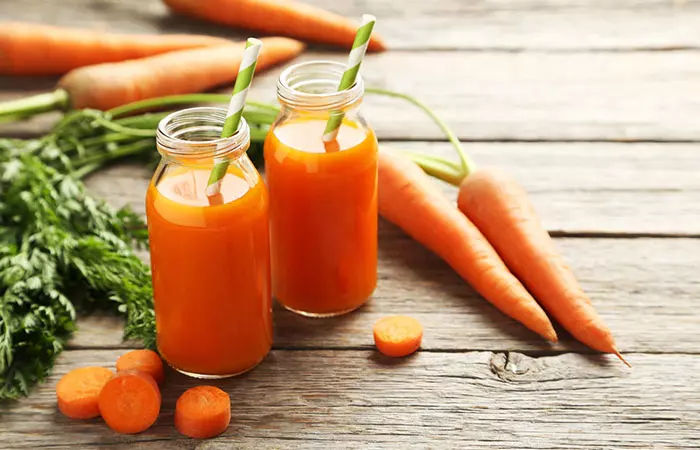
Consuming carrot juice increases your body’s antioxidant status (1).
Oral intake of carrot juice is also linked to reduced oxidative stress and inflammation. In a study, men who consumed carrot juice regularly had the lowest incidences of heart disease (1).
Carrot juice is also one of the most popular non-alcoholic beverages in many countries. It works very well when blended with other fruit or vegetable juices (2).
Carrot juice has an important nutritional profile. One of its major nutrients is beta-carotene, a source of vitamin A known for its health benefits (3).
The juice is also a rich source of potassium, vitamin C, and folate. There are other key nutrients the juice contains. But before we discuss them, let’s take a look at what science has to say about carrot juice and why it should be an essential part of your daily nutrition.
Key Takeaways
- The rich content of vitamin A and beta-carotene present in carrots make them essential for good eye vision.
- The antioxidants in carrot juice may aid in reducing inflammation and oxidative stress.
- Consuming regular 16 fluid oz of carrot juice can help reduce the risk of cardiovascular diseases.
- The beta-carotene in carrots may aid in preventing cellular damage.
What Are The Health Benefits Of Carrot Juice?
The beta-carotene in carrot juice is a powerful antioxidant. Beta-carotene benefits include cancer prevention and reduced heart complications. The fiber in the juice can lower blood glucose levels and may aid weight loss. The other important nutrients in the beverage may promote immunity and skin health.
1. May Enhance Vision

Vitamin A, in recommended quantities, is essential for good vision, and carrots offer the nutrient in abundance. If a person is deprived of vitamin A for too long, the outer segments of the eyes’ photoreceptorsi Specialized light sensitive neurons, called cones and rods, situated at the back of the retina that are used for vision in the initial stage. begin to deteriorate. Carrot juice contains lutein, a powerful antioxidant. Studies link it to a reduced risk of macular degeneration (4).
The carotenoids in the juice also protect the retinal ganglion cellsi The output neurons in the retina that receives visual information from the photoreceptors and transmits. , thereby preventing several eye diseases (5).
But be wary of excess intake of carrot juice. Some sources suggest that excess intake of carrots may affect the vision. In a study, poor night vision among women was linked to excess intake of vitamin A and beta-carotene (6). Hence, limit your consumption to the juice from one or two carrots a day.
 Trivia
Trivia2. May Promote Skin Health
Carrots are rich in carotenoids. Research suggests that fruits and vegetables rich in these compounds can offer photoprotective benefitsi The property of shielding the body against the risk of UV ray damage and skin cancer to promote healthy and tan-free skin. . They also appear to contribute to normal human skin color (7).
The beta-carotene in the juice possesses healing properties. It scavenges free radicals and protects the skin’s tissues, thus exhibiting anti-aging action and slowing down signs of aging. The compound also has photoprotective properties (8). These suggest that carrot juice benefits for the skin are significant.
3. May Promote Weight Loss
The fiber in carrot juice may aid weight loss. Research recommends adequate fiber intake to lose excess weight and boost energy metabolism (especially from the abdomen) (9).
Carrot juice is also low in calories. Hence, it makes for a comfortable addition to a weight-loss diet.
4. May Help Reduce Cancer Risk
According to a study published in Oncotarget, a high intake of carrot has been associated with a low incidence of urothelial canceri Cancer occurs in the urothelial cells or transitional cells, which line the urethra, ureters, renal pelvis, and other organs. (10), (11). However, due to the limited number of studies conducted in this regard, we need further large well-designed studies to reconfirm these findings (12).
Extracts from carrots were also found to induce apoptosisi A method of the human body to reduce unneeded or abnormal cells in the body, also known as programmed cell death. and cause a cell cycle arrest in leukemiai Also known as Blood Cancer, leukemia hinders the body’s capability to fight infections by causing cancer in the blood-forming tissues. cell lines. Findings suggest that carrots (and possibly their juice) may be an excellent source of bioactive chemicals for aiding leukemia treatment (13).
Ralph Cole, a blogger, shared his experience of drinking carrot juice before his cancer surgery in his personal blog. He got significant positive results from it and added, “Four months later when I was due for surgery, I was told by a radiologist that an MRI showed that my tumors had not grown since my first MRI four months before. He also said that my tumors ‘may have even gotten smaller (i).”
5. May Promote Heart Health

Intake of fruit and vegetable juices, in general, can reduce heart disease risk. Drinking 16 fluid oz of carrot juice daily also suppresses oxidative degradation of lipids (also called lipid peroxidation), thereby cutting the risk of cardiovascular disease (1).
Carrot juice, and other juices in general, contain polyphenols and nitrates. These are other bioactive components in the juice that help regulate blood pressure levels (14).
In another study, both isolated beta-carotene and purple carrot juice had reversed endothelial dysfunction (the malfunctioning of the cells of the blood vessels) (14). This effect was also linked to the anthocyanins in the juice.
The juice from carrots may also reduce cholesterol levels. It achieves this by reducing the digestion and absorption of fats (15).
6. May Aid Diabetes Treatment
Carrot juice fermented with a particular bacterium (Lactobacillus plantarum NCU110) was found to relieve the symptoms of type 2 diabetes in rats (16). However, we do not know how well unfermented carrot juice works in this regard. Also, more studies in humans are needed to further understand the anti-diabetic potential of carrot juice.
The fiber in the juice could also help (ensure you do not drain it out while juicing). This fiber can make you feel full and discourage you from overeating. Thus, the juice may help individuals with diabetes prevent excess weight gain (17).
Carrots (and the juice, possibly) contain complex carbohydrates that could reduce blood glucose responses (18). The fiber they contain could contribute to this.
7. May Improve Brain Health
The beta-carotene in the juice also boosts cognition and cuts down the long-term risk of age-related memory problems. One reason is its ability to fight oxidative stress that can damage brain cells (19).
In a study, workers exposed to lead, when treated with beta-carotene, had lower levels of oxidative stress (20).
Oxidative stress in the brain can also cause cellular damage. The beta-carotene in carrot juice can prevent this damage (21).
The potassium in carrot juice can also cut the risk of stroke. A cup of carrot juice contains 689 milligrams of potassium, meeting over 17% of your daily requirement of the nutrient (22).
8. May Enhance Digestive Health
The fiber in the juice (and other fruit/vegetable juices in general) can promote regularity and boost digestive health (23). Carrot juice could be a good option for people (and children) with constipation.
The potassium in carrot juice may also help treat diarrhea. Carrot puree can also help in this regard. Diarrhea is a condition in which your body loses large amounts of fluids through stool. Replenishing it with foods rich in potassium could help (24).
Carrot juice also contains alkaline compounds that may help treat acid reflux and GERDi Gastroesophageal reflux disease; a chronic disease where the acid from the stomach irritates the food pipe lining. . It could be one of those foods that do not trigger symptoms. The alkaline acids can neutralize the excess stomach acid that causes these symptoms. However, there is less research in this regard. Hence, consult your doctor before consuming carrot juice for this purpose.
In rat studies, ingestion of carrot juice was also found to enhance liver health by boosting the levels of healthy liver fats (25). But the research in this aspect is preliminary as there is no information on how effective the juice can be in lowering triglyceride levels.
9. May Boost Immunity
Increased plasma carotenoid concentration can boost the body’s immune system, as per a study.
The study conducted on healthy men focused on how carrot juice could increase plasma carotenoid concentrations, thereby enhancing their immunity levels (26). Supplementing their low-carotenoid diets with carrot juice made the difference.
Thanks to its immune-boosting properties, carrot juice can fight infections as well (27). These properties can be attributed to its beta-carotene, which is converted into vitamin A in the body (28).
10. May Be Beneficial During Pregnancy

Carrot juice is rich in various nutrients that are required for a healthy pregnancy. There is no direct research citing the carrot juice benefits during pregnancy. Hence, we recommend you check with your doctor.
Carrot juice is replete with some of the essential nutrients. The following section will discuss that in detail.
What Is The Nutritional Profile Of Carrot Juice?
| Calorie Information | ||
|---|---|---|
| Amounts Per Selected Serving | %DV | |
| Calories | 94.4 (395 kJ) | 5% |
| From Carbohydrate | 85.2 (357 kJ) | |
| From Fat | 3.0 (12.6 kJ) | |
| From Protein | 6.2 (26.0 kJ) | |
| From Alcohol | 0.0 (0.0 kJ) | |
| Carbohydrates | ||
| Amounts Per Selected Serving | %DV | |
| Total Carbohydrate | 21.9 g | 7% |
| Dietary Fiber | 1.9 g | 8% |
| Starch | ~ | |
| Sugars | 9.2 g | |
| Protein & Amino Acids | ||
| Amounts Per Selected Serving | %DV | |
| Protein | 2.2 g | 4% |
| Vitamins | ||
| Amounts Per Selected Serving | %DV | |
| Vitamin A | 45133 IU | 903% |
| Vitamin C | 20.1 mg | 33% |
| Vitamin D | ~ | ~ |
| Vitamin E (Alpha Tocopherol) | 2.7 mg | 14% |
| Vitamin K | 36.6 mcg | 46% |
| Thiamin | 0.2 mg | 14% |
| Riboflavin | 0.1 mg | 8% |
| Niacin | 0.9 mg | 5% |
| Vitamin B6 | 0.5 mg | 26% |
| Folate | 9.4 mcg | 2% |
| Vitamin B12 | 0.0 mcg | 0% |
| Pantothenic Acid | 0.5 mg | 5% |
| Choline | 23.4 mg | |
| Betaine | ~ | |
| Minerals | ||
| Amounts Per Selected Serving | %DV | |
| Calcium | 56.6 mg | 6% |
| Iron | 1.1 mg | 6% |
| Magnesium | 33.0 mg | 8% |
| Phosphorus | 99.1 mg | 10% |
| Potassium | 689 mg | 20% |
| Sodium | 68.4 mg | 3% |
| Zinc | 0.4 mg | 3% |
| Copper | 0.1 mg | 5% |
| Manganese | 0.3 mg | 15% |
| Selenium | 1.4 mcg | 2% |
| Fluoride | ~ | |
One cup (236 grams) of canned carrot juice contains 94 calories. It also contains 1.9 grams of fiber, 45133 IU of vitamin A, 20 milligrams of vitamin C, and 689 milligrams of potassium.
Source: USDA database
Carrot juice is a nutrition-heavy beverage. Having it every day can promote your overall health. But how do you make it?
How To Make Carrot Juice

Preparing carrot juice is simple and quick. You need one to two medium-sized carrots.
- Wash and chop the carrots and add them to a blender.
- Add some filtered water.
- You can add a few more chopped veggies if you want.
- Blend on medium speed until all the ingredients are pulverized.
- You can strain the juice into a new container through a nut milk bag.
- Your juice is ready. You can store the pulp (fiber) in the refrigerator and use it in your other preparations.
Alternately, you can allow the pulp to stay in the drink and eat your way through. You can also use carrots alone without adding other veggies. There are other ways you can include carrot juice in your diet:
- You can replace the stock in creamed vegetable soups with carrot juice.
- Replace the liquids in your baked goods with carrot juice.
- You can use carrot juice instead of chicken broth or plain water as a cooking medium. This method works especially well if you are cooking grains.
- Carrot juice also makes for a fat-free and tangy salad dressing.
- You can add the juice to other smoothies or juices to up their health quotient.
Carrot juice can be a healthy addition to your diet. However, some people may not enjoy its taste. If you are among them, the next section may help you out.
How To Make Carrot Juice Taste Better
- Combine it with sweet or tangy fruits like apples, oranges, and pineapple for a more enjoyable flavor.
- Add ginger to give the juice a spicy kick.
- Use mint to achieve a cool, refreshing flavor.
- Add a pinch of ground cinnamon or nutmeg for a subtle, warm flavor.
- Add a pinch of ground turmeric and black pepper for an earthy and slightly spicy flavor.
- Combine it with coconut water to enjoy a tropical, naturally sweetened beverage.
- Add honey or maple syrup to the juice to sweeten it without adding refined sugar.
- Add in some milk and cocoa powder to get a chocolatey-earthy flavor.
 Quick Tip
Quick TipYou might be wondering about the dosage. Carrot juice is exceptionally rich in vitamin A. The upper limit for vitamin A is 10,000 IU.
Taking preformed vitamin A, usually in the form of supplements, can be harmful if you exceed the recommended dose (29). Intake of carrot juice has not been found to cause such issues. However, check with your doctor. Knowing the dosage of carrot juice is important as taking it in excess may cause certain side effects.
What Are The Side Effects Of Carrot Juice?
- Vitamin A Toxicity
Though this toxicity most often is caused by excess intake of supplements, carrot juice may also be the culprit. One case discusses an individual ingesting 6 to 7 pounds of carrots a week. The individual later reported constipation and hypercarotenemia (harmless yellowing of the skin), indicating vitamin A toxicity (30).
- Methemoglobinemia
When raw carrot juice is left out at room temperature for some time, bacteria can turn nitrates naturally found in the juice into nitrites. When you consume this juice, it may cause methemoglobinemia, a condition that makes it harder for your blood to carry oxygen. It may include symptoms like bluish skin, headache, mental confusion, shortness of breath, and increased heart rate (31).
Allergic Reactions
Allergic reactions to carrots are rare. Research suggests that raw carrots may sometimes lead to allergic reactions like dermatitis, runny nose, itchy eyes, and hives. Cooking it may deactivate the allergens, making them safer for some people (31).
Infographic: 7 Ways Carrot Juice Enhances Your Health
Carrot juice improves your health in more ways than one. It helps you manage weight, lowers the risk of cardiovascular disease, and fights oxidative stress due to its nutrient-rich and antioxidant-loaded profile. It is super easy to add to your diet as you can have it alongside salads or on its own. Check out the infographic below to learn about the key benefits of carrot juice.
Some thing wrong with infographic shortcode. please verify shortcode syntaxThe benefits of carrot juice are many. If consumed as a part of the diet, the juice can positively affect skin, vision, and overall health. This juice can also enhance bone, cardiovascular, and brain health and aid in weight loss. Its potential anti-cancer properties are also being proven. Carrot juice can be easily prepared at home and stored in a refrigerator. You can consume it directly or use it for culinary purposes. However, avoid overconsumption as it may cause vitamin A toxicity.
Frequently Asked Questions
Does carrot juice make you look younger?
Vivian Yu, a Registered Dietitian and Nutritionist, says, “When it comes to looking young, carrot juice plays an important role. The antioxidants present in carrots, fight against the harmful components in the body, decreasing oxidative stress and slowing down the aging process of the skin. This implies that there will be fewer wrinkles and a youthful glow.”
Does carrot juice remove pimples?
According to Yu, “Carrot juice can indirectly help with removing pimples since it is packed with vitamins that are beneficial for the skin. Vitamin A assists in decreasing oil production and lessening the production of acne. The antioxidants present in carrots also help in fighting against the skin damage. This is helpful for maintaining the overall skin appearance.”
Can we drink carrot juice on an empty stomach?
Yes, you can drink carrot juice on an empty stomach or the first thing in the morning.
Is it safe to drink carrot juice daily?
Yes, it is safe. But be wary of the dosage. Just 2 to 3 carrots a day must do. Also, if you are taking vitamin A supplements, please check with your doctor if you can take carrot juice as well.
Carrots Vs. carrot juice – which is better?
Both are good for health. Eating a raw carrot provides more fiber, while having carrot juice will cut down fiber. It is difficult to have more than 2 carrots at a time when they are consumed raw, but through carrot juice, 3-4 carrots can be consumed at a time.
Does carrot juice improve complexion?
Yes, carrot juice may improve complexion. It is one of the best juices for glowing skin as it contains vitamin A that fights pigmentation, wrinkles, acne, and uneven skin tone.
Is carrot juice good for your liver?
Yes, carrot juice is good for liver health. Carrots are rich in beta-carotene, vitamin-A, and plant-flavonoids that could stimulate liver function and aid in detoxification.
Are carrots high in sugar?
Yes, carrots are high in sugar but not more than many other veggies. One cup of chopped carrots contains 6 grams of sugar with 52 calories (32).
Are carrots good for diabetes?
Yes, carrots are good for diabetes. This non-starchy vegetable is safe for the people with diabetes.
Is carrot juice good for the kidneys?
Yes, carrot juice is high in antioxidants which may reduce complications in individuals with chronic kidney diseases (33), (34).
Who should not take carrot juice?
While carrot juice is mostly considered safe for consumption, freshly made and unpasteurized carrot juice should be avoided as it may contain harmful bacteria. Unpasteurized carrot juice should be avoided by pregnant people, older adults, children, and individuals with weakened immune systems.
Illustration: Nutritional Benefits Of Carrot Juice For Skin, Vision, And Health
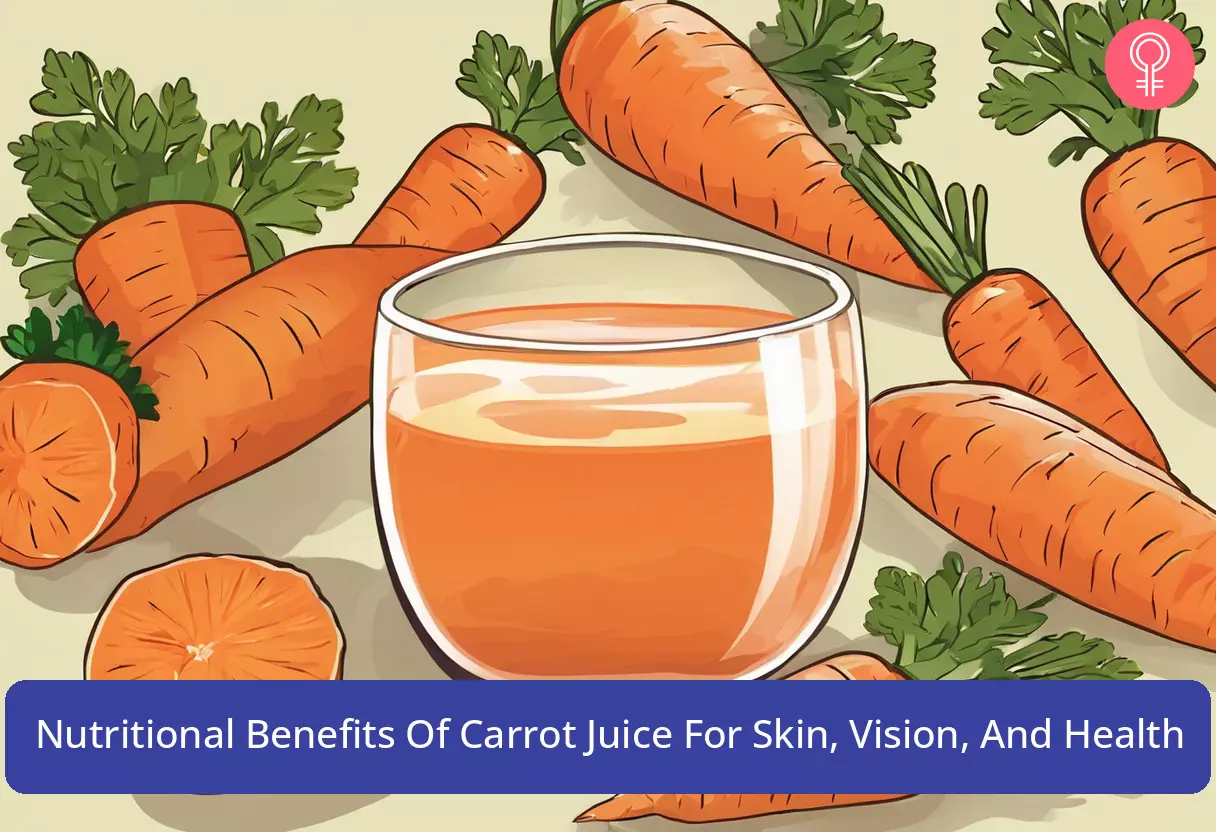
Image: Stable Diffusion/StyleCraze Design Team
References
Articles on StyleCraze are backed by verified information from peer-reviewed and academic research papers, reputed organizations, research institutions, and medical associations to ensure accuracy and relevance. Read our editorial policy to learn more.
- Drinking carrot juice increases total antioxidant status and decreases lipid peroxidation in adults, Nutrition Journal, US National Library of Medicine, National Institutes of Health.
https://www.ncbi.nlm.nih.gov/pmc/articles/PMC3192732/ - Chemical composition, functional properties and processing of carrot—a review, Journal of Food Science and Technology, US National Library of Medicine, National Institutes of Health.
https://www.ncbi.nlm.nih.gov/pmc/articles/PMC3550877/ - Beta-carotene, PubChem, US National Library of Medicine, National Institutes of Health.
https://pubchem.ncbi.nlm.nih.gov/compound/beta-Carotene - Dietary carotenoids, vitamins A, C, and E, and advanced age-related macular degeneration. Eye Disease Case-Control Study Group, JAMA, US National Library of Medicine, National Institutes of Health.
https://pubmed.ncbi.nlm.nih.gov/7933422/ - Enhanced antioxidant and protective activities on retinal ganglion cells of carotenoids-overexpressing transgenic carrot, Current Drug Targets, US National Library of Medicine, National Institutes of Health.
https://pubmed.ncbi.nlm.nih.gov/23574281/ - Carrots, carotene and seeing in the dark, Australian and New Zealand Journal of Ophthalmology, US National Library of Medicine, National Institutes of Health.
https://pubmed.ncbi.nlm.nih.gov/10484191/ - Dietary Carotenoids Contribute to Normal Human Skin Color and UV Photosensitivity, US National Library of Medicine, National Institutes of Health.
https://pubmed.ncbi.nlm.nih.gov/11880562/ - Discovering the link between nutrition and skin aging, Dermato Endocrinology, US National Library of Medicine, National Institutes of Health.
https://www.ncbi.nlm.nih.gov/pmc/articles/PMC3583891/ - Dietary fiber and body weight, ScienceDirect.
https://www.sciencedirect.com/science/article/abs/pii/S0899900704003041 - Vitamin A and risk of bladder cancer: a meta-analysis of epidemiological studies, World Journal of Surgical Oncology, US National Library of Medicine, National Institutes of Health.
https://pubmed.ncbi.nlm.nih.gov/24773914/ - Carrot intake and incidence of urothelial cancer: a systematic review and meta-analysis, Oncotarget, US National Library of Medicine, National Institutes of Health.
https://www.ncbi.nlm.nih.gov/pmc/articles/PMC5652827/ - The effect of carrot juice, β-carotene supplementation on lymphocyte DNA damage, erythrocyte antioxidant enzymes and plasma lipid profiles in Korean smoker, Nutrition Research and Practice, US National Library of Medicine, National Institutes of Health.
https://www.ncbi.nlm.nih.gov/pmc/articles/PMC3259297/ - Bioactive chemicals from carrot (Daucus carota) juice extracts for the treatment of leukemia, Journal of Medicinal Food, US National Library of Medicine, National Institutes of Health.
https://pubmed.ncbi.nlm.nih.gov/21864090/ - Effects and Mechanisms of Fruit and Vegetable Juices on Cardiovascular Diseases, International Journal of Molecular Sciences, US National Library of Medicine, National Institutes of Health.
https://www.ncbi.nlm.nih.gov/pmc/articles/PMC5372571/ - Vegetable Juices and Fibers Reduce Lipid Digestion or Absorption by Inhibiting Pancreatic Lipase, Cholesterol Solubility and Bile Acid Binding, United States Department of Agriculture.
https://search.nal.usda.gov/discovery/search?query=lds35,contains,5695219-01nal_inst,AND&tab=LibraryCatalog&search_scope=MyInstitution&vid=01NAL_INST:MAIN&mode=advanced&offset=0 - Carrot juice fermented with Lactobacillus plantarum NCU116 ameliorates type 2 diabetes in rats, Journal of Agricultural and Food Chemistry, US National Library of Medicine, National Institutes of Health.
https://pubmed.ncbi.nlm.nih.gov/25341087/ - Supplementation of Type 1 Diabetic Rats with Carrot Powder Lowers Blood Glucose without Improving Cardiac Structure and Function, Preventive Nutrition and Food Science, US National Library of Medicine, National Institutes of Health.
https://www.ncbi.nlm.nih.gov/pmc/articles/PMC6047871/ - Blood Glucose and Plasma Insulin Responses to Various Carbohydrates in Type 2 (Non-Insulin-Dependent) Diabetes, Diabetologia, US National Library of Medicine, National Institutes of Health.
https://pubmed.ncbi.nlm.nih.gov/6341139/ - A Randomized Trial of Beta Carotene Supplementation and Cognitive Function in Men: The Physicians’ Health Study II, JAMA International Medicine, US National Library of Medicine, National Institutes of Health.
https://pubmed.ncbi.nlm.nih.gov/17998490/ - Beta-carotene reduces oxidative stress, improves glutathione metabolism and modifies antioxidant defense systems in lead-exposed workers, Toxicology and Applied Pharmacology, US National Library of Medicine, National Institutes of Health.
https://pubmed.ncbi.nlm.nih.gov/25038314/ - Role of beta-carotene in ameliorating the cadmium-induced oxidative stress in rat brain and testis, Journal of Biochemical and Molecular Toxicology, US National Library of Medicine, National Institutes of Health.
https://pubmed.ncbi.nlm.nih.gov/10969995/ - Potassium and Health, PubMed Central, National Library of Medicine.
https://www.ncbi.nlm.nih.gov/pmc/articles/PMC3650509/ - Eating, Diet, & Nutrition for Constipation in Children, National Institute of Diabetes and Digestive and Kidney Diseases.
https://www.niddk.nih.gov/health-information/digestive-diseases/constipation-children/eating-diet-nutrition - Hypokalemia, National Center for Biotechnology Information.
https://www.ncbi.nlm.nih.gov/books/NBK482465/ - Carrot Juice Administration Decreases Liver Stearoyl-CoA Desaturase 1 and Improves Docosahexaenoic Acid Levels, but Not Steatosis in High Fructose Diet-Fed Weanling Wistar Rats, Preventive Nutrition and Food Science, US National Library of Medicine, National Institutes of Health.
https://www.ncbi.nlm.nih.gov/pmc/articles/PMC5063201/ - Supplementation of a low-carotenoid diet with tomato or carrot juice modulates immune functions in healthy men, Annals of Nutrition & Metabolism, US National Library of Medicine, National Institutes of Health.
https://pubmed.ncbi.nlm.nih.gov/14520020/ - Chemical composition, functional properties and processing of carrot—a review, Journal of Food Science and Technology, US National Library of Medicine, National Institutes of Health.
https://www.ncbi.nlm.nih.gov/pmc/articles/PMC3550877/ - β-Carotene Is an Important Vitamin A Source for Humans, The Journal of Nutrition, US National Library of Medicine, National Institutes of Health.
https://www.ncbi.nlm.nih.gov/pmc/articles/PMC3139236/ - Vitamin A, National Institutes of Health.
https://ods.od.nih.gov/factsheets/VitaminA-Consumer/ - Carrot man: a case of excessive beta-carotene ingestion, The International Journal of Eating Disorders, US National Library of Medicine, National Institutes of Health.
https://pubmed.ncbi.nlm.nih.gov/22431270/ - Carrot-induced systemic reaction: A unique presentation of pollen-food allergy syndrome in a young boy
https://pmc.ncbi.nlm.nih.gov/articles/PMC10670796/ - Carrots, raw, US Department of Agriculture.
https://fdc.nal.usda.gov/fdc-app.html#/food-details/170393/nutrients - Drinking carrot juice increases total antioxidant status and decreases lipid peroxidation in adults, Nutrition Journal, Springer Link .
https://link.springer.com/content/pdf/10.1186/1475-2891-10-96.pdf - Tamadon MR, Zahmatkesh M, Beladi Mousavi SS. Administration of antioxidants in chronic kidney disease. Journal of Nephropharmacology, US National Library of Medicine, National Institutes of Health.
https://www.ncbi.nlm.nih.gov/pmc/articles/PMC5297480/
Read full bio of Alexandra Dusenberry
- Vivian Yu is a Registered Dietitian and Nutritionist with 8 years of experience in holistic wellness and nutrition. She has an advanced degree in nutrition science from Monash University and aims to transform the lives of her clients by merging the science of nutrition with practical lifestyle adjustments. Vivian is also the driving force behind a chain of multiple gyms like One Body Personal Training, Snap Fitness, and Oslo Health and Fitness.
 Vivian Yu is a Registered Dietitian and Nutritionist with 8 years of experience in holistic wellness and nutrition. She has an advanced degree in nutrition science from Monash University and aims to transform the lives of her clients by merging the science of nutrition with practical lifestyle adjustments. Vivian is also the driving force behind a chain of multiple gyms like One Body Personal Training, Snap Fitness, and Oslo Health and Fitness.
Vivian Yu is a Registered Dietitian and Nutritionist with 8 years of experience in holistic wellness and nutrition. She has an advanced degree in nutrition science from Monash University and aims to transform the lives of her clients by merging the science of nutrition with practical lifestyle adjustments. Vivian is also the driving force behind a chain of multiple gyms like One Body Personal Training, Snap Fitness, and Oslo Health and Fitness.
Read full bio of Sindhu Koganti
Read full bio of Ravi Teja Tadimalla
Read full bio of Aparna Mallampalli







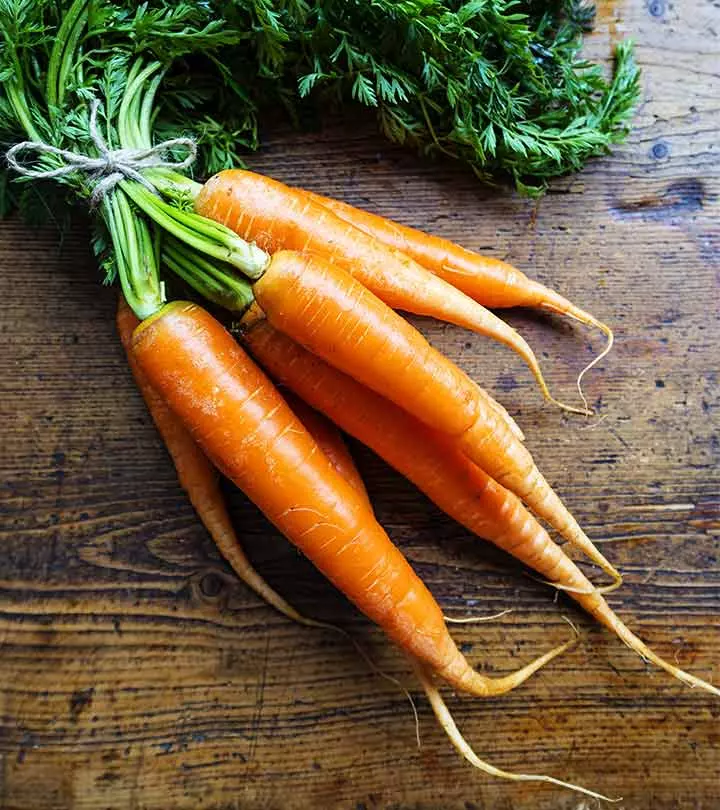
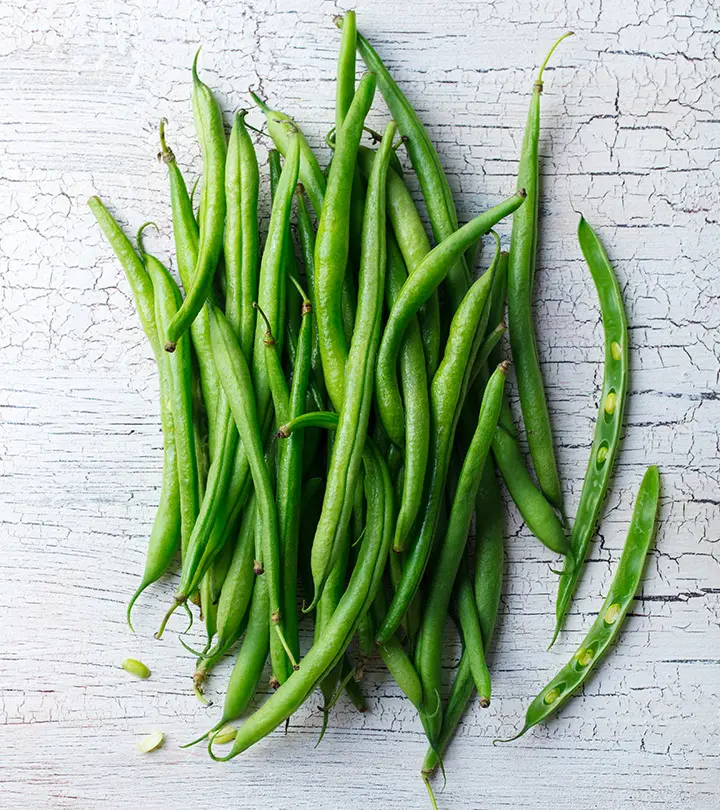
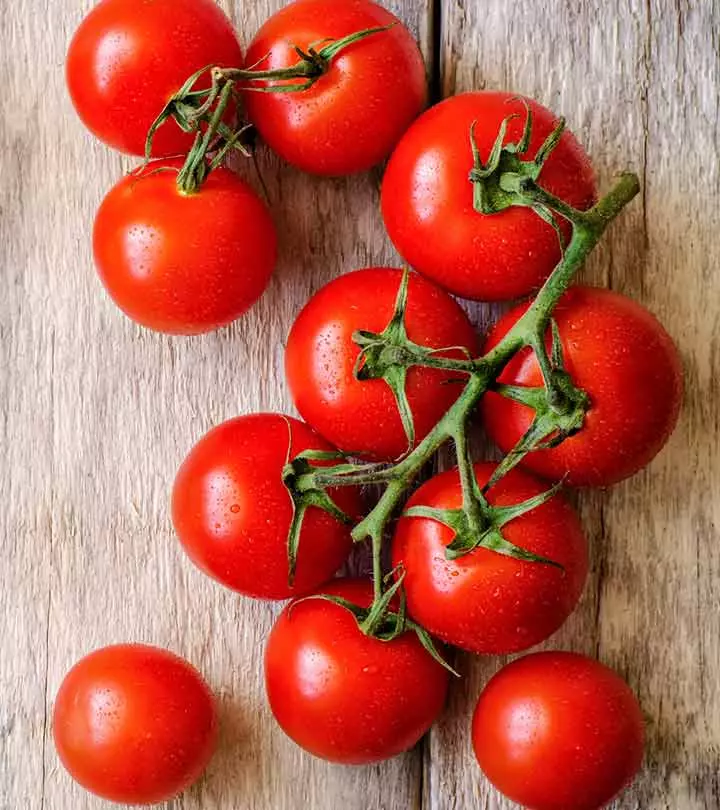
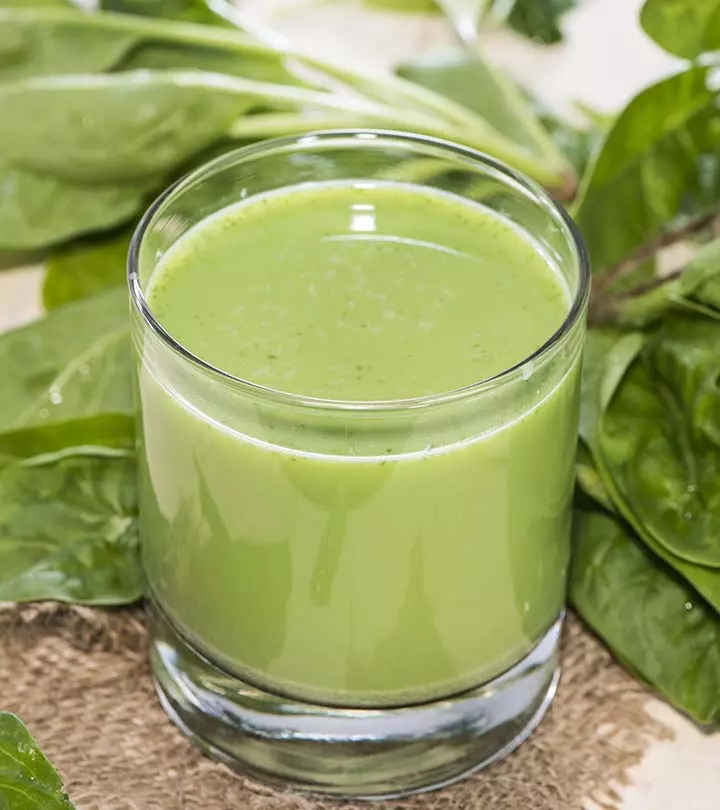
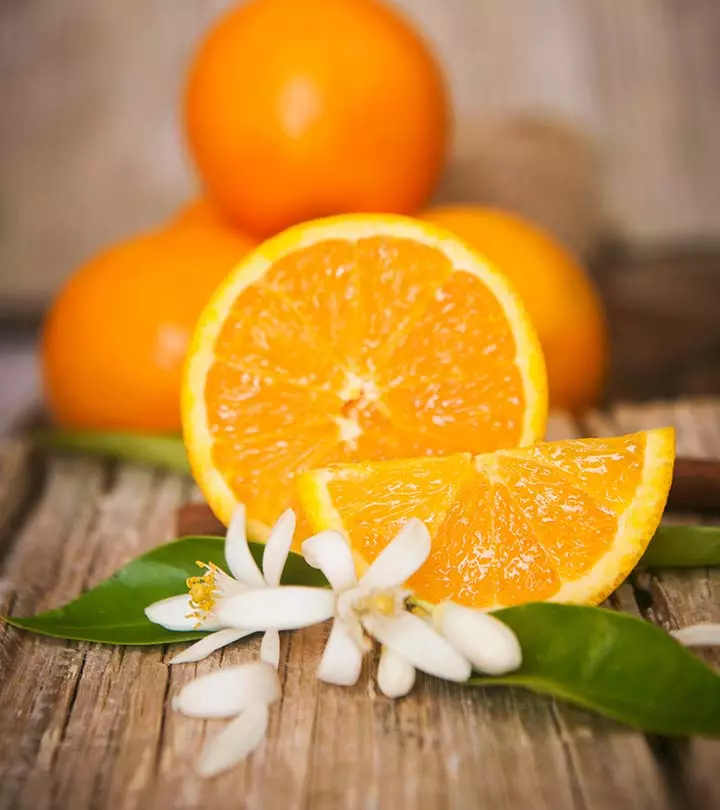
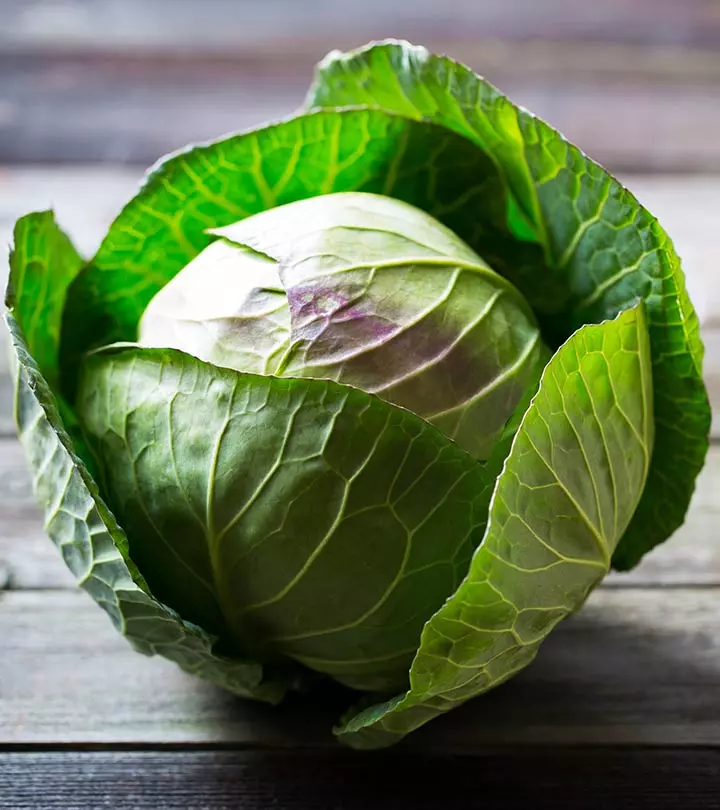
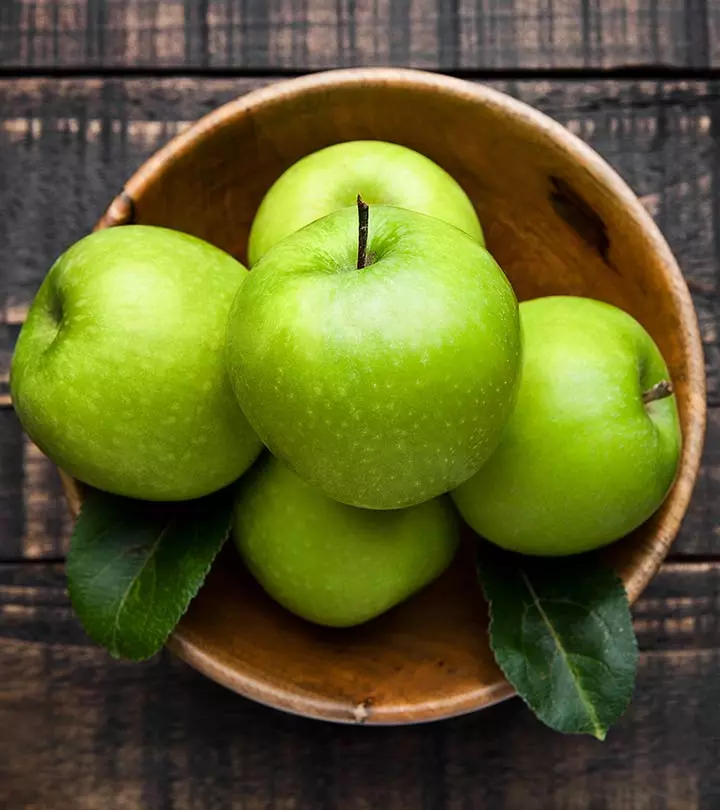
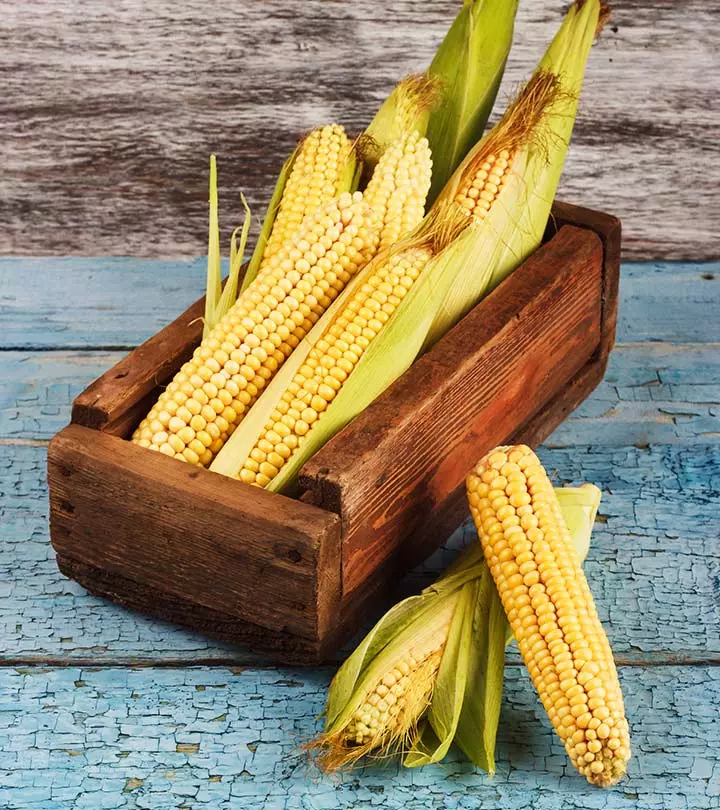
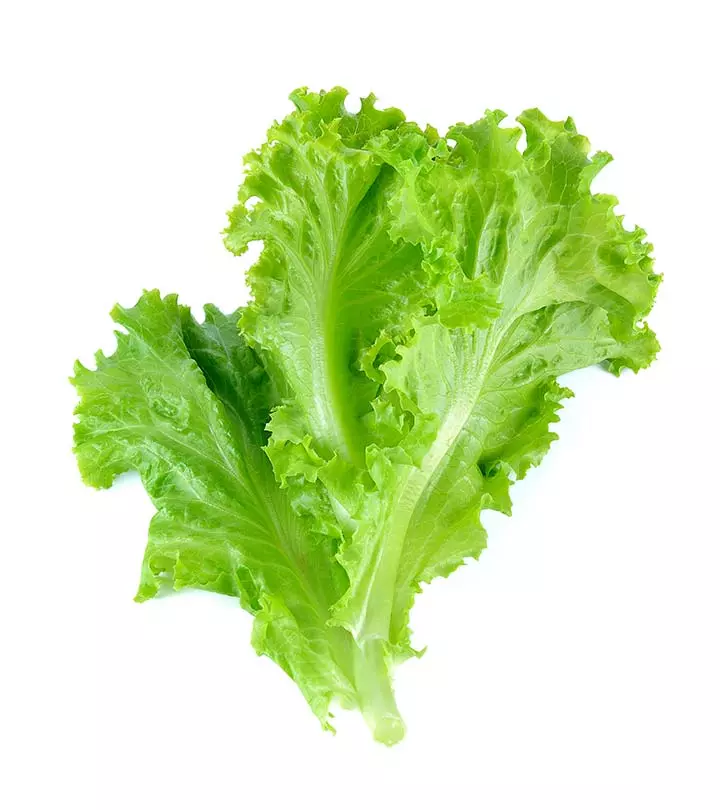
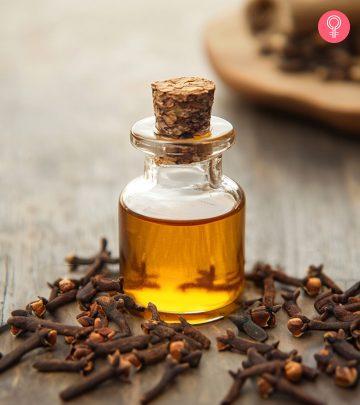
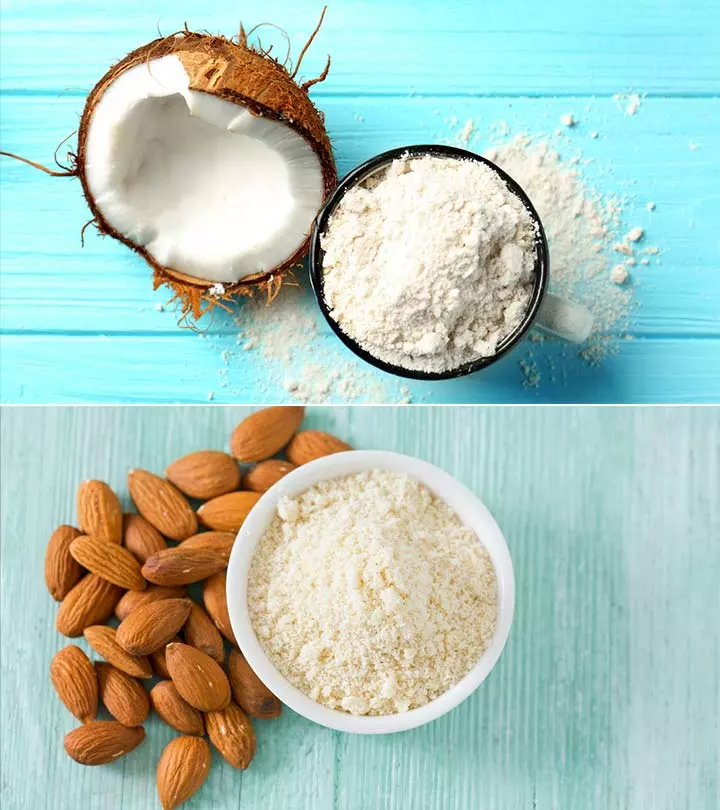
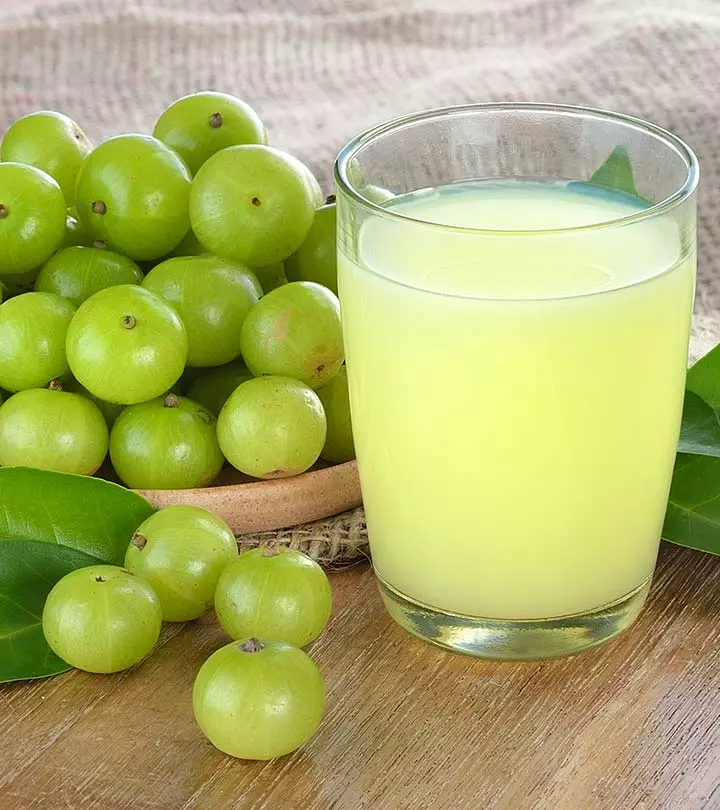

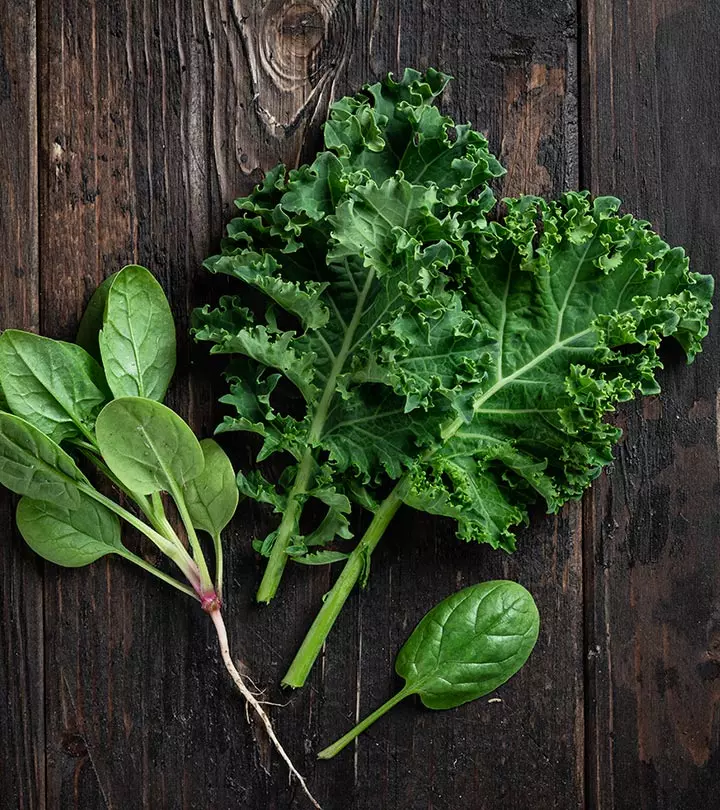
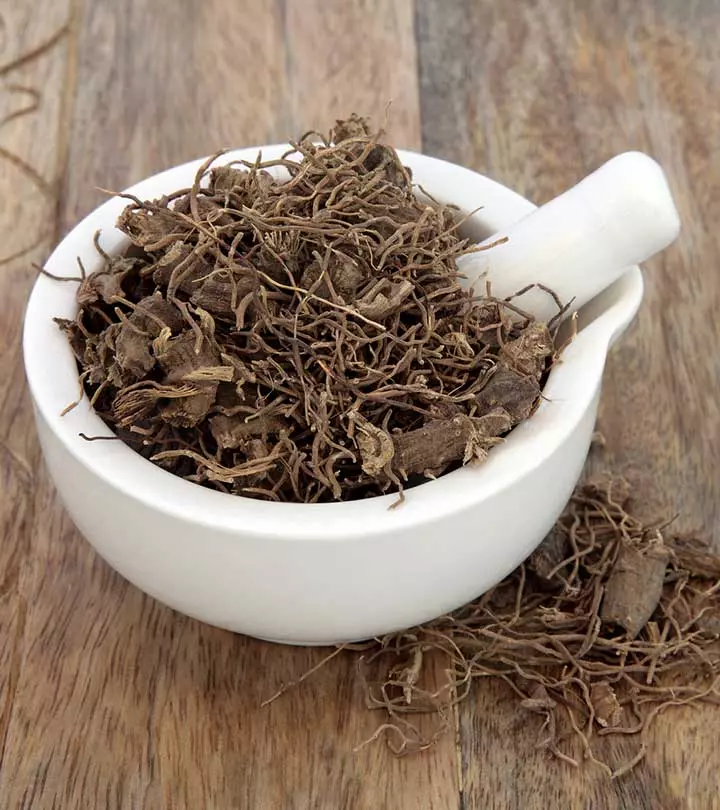
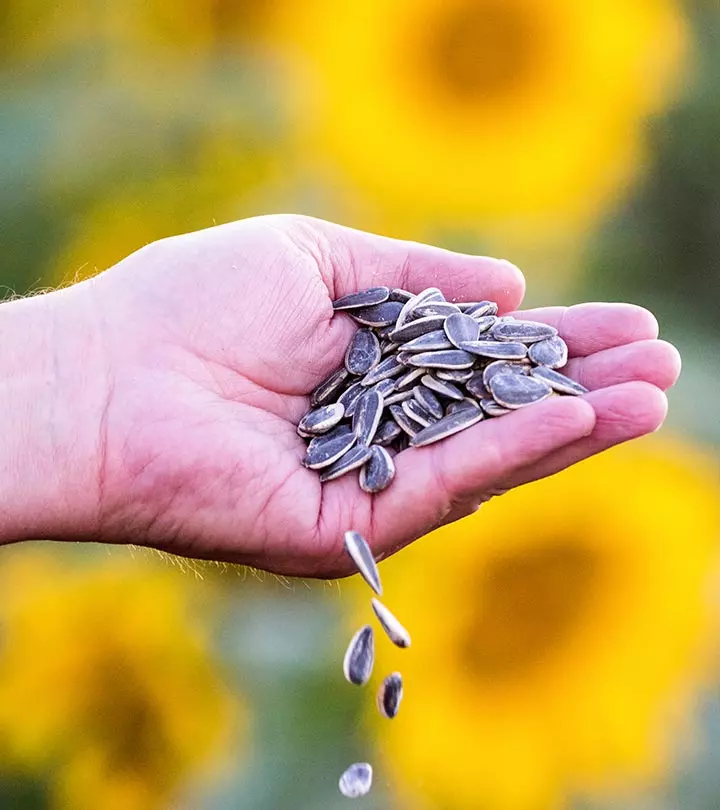
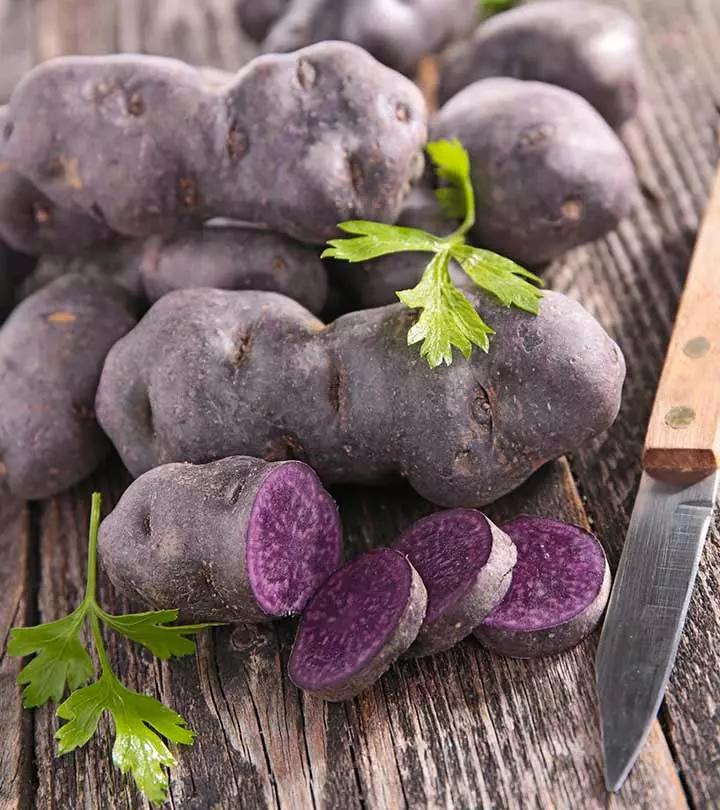
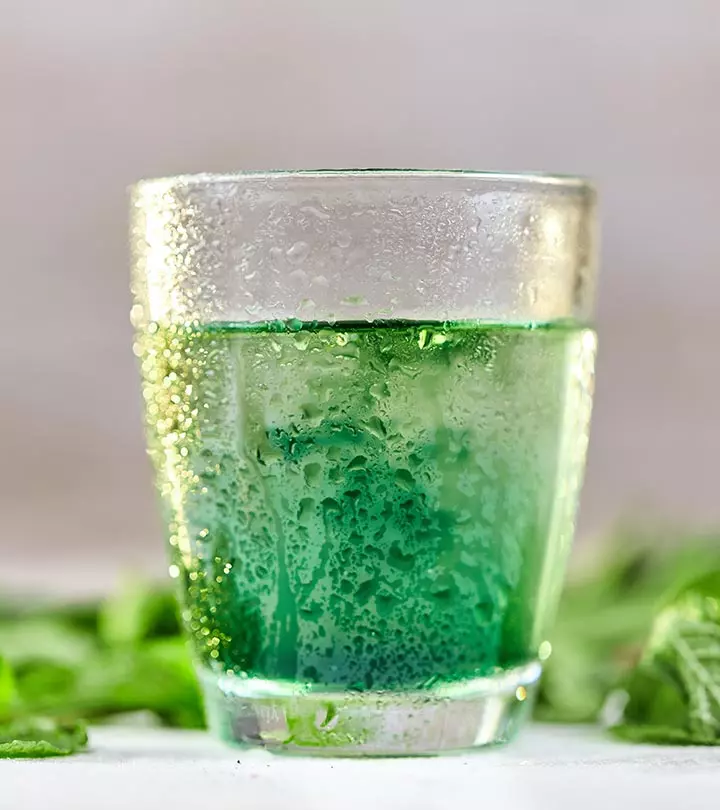
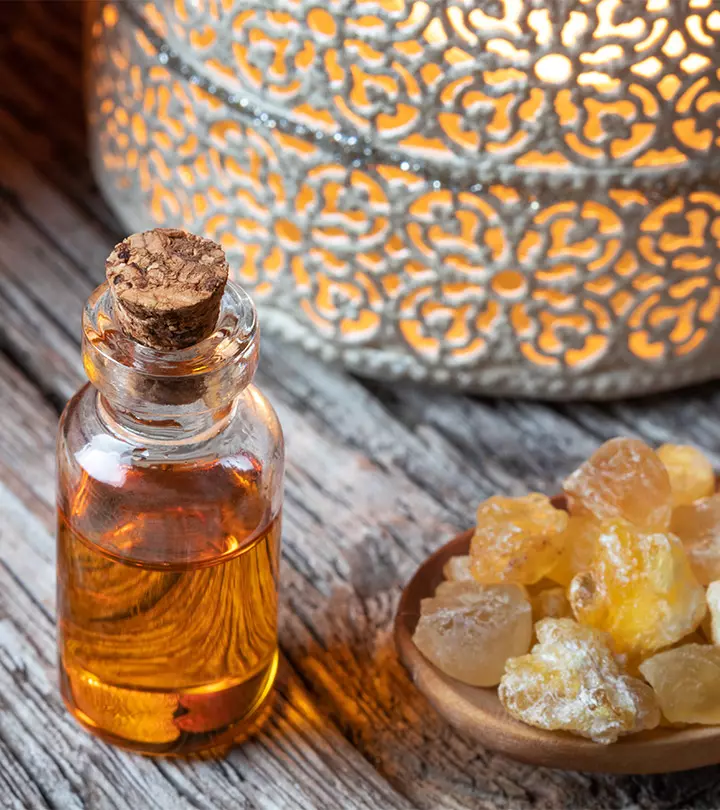
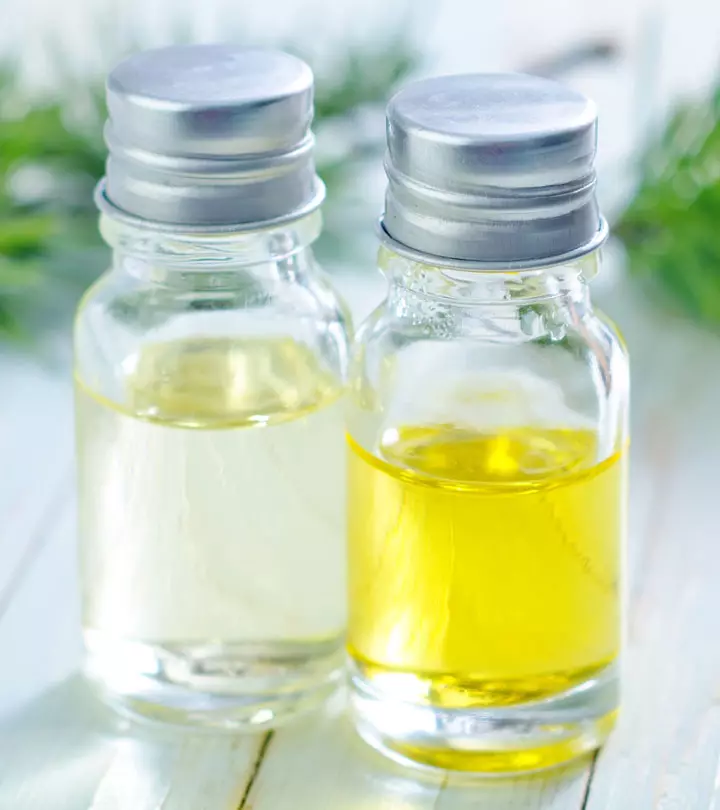
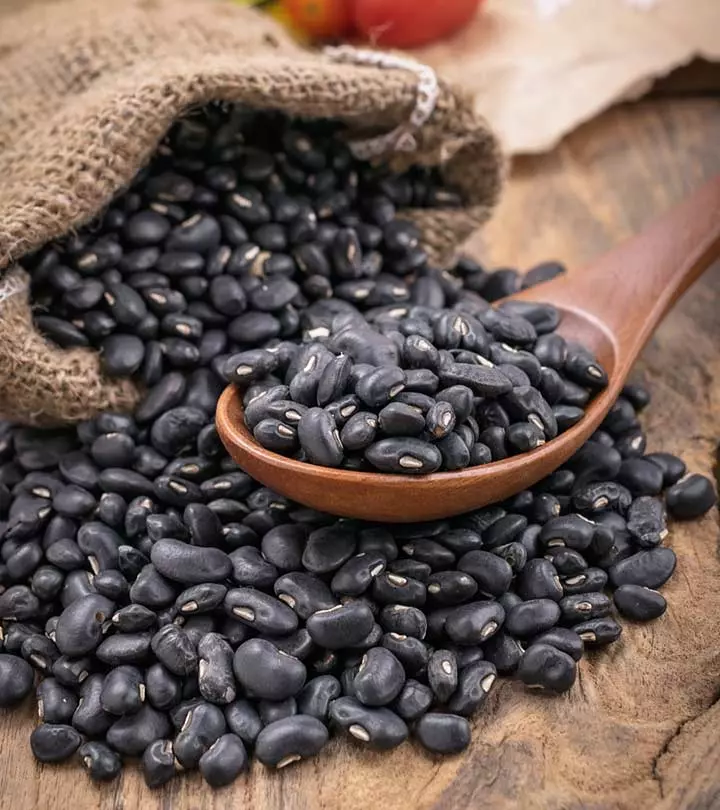
Community Experiences
Join the conversation and become a part of our empowering community! Share your stories, experiences, and insights to connect with other beauty, lifestyle, and health enthusiasts.